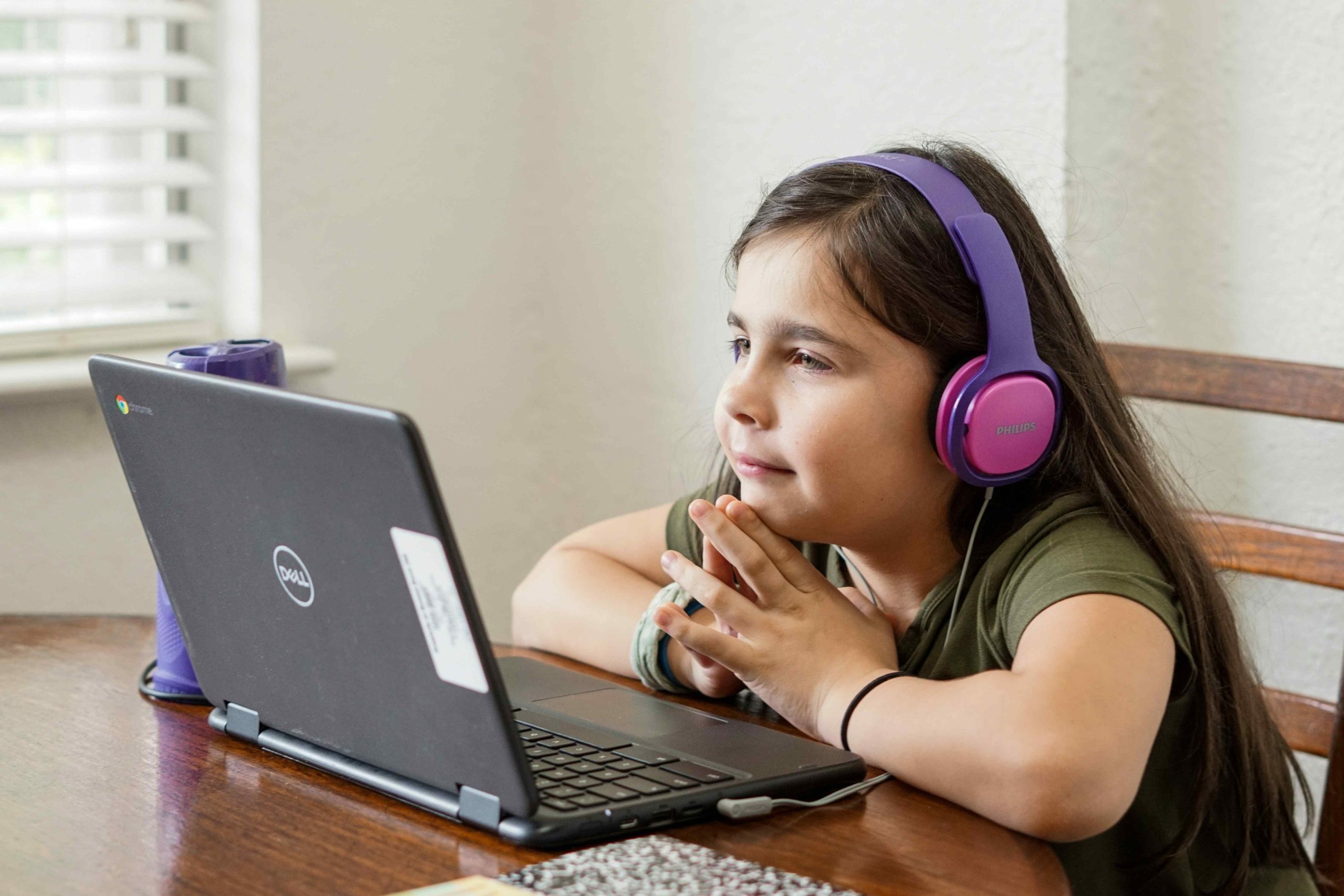
The Benefits of Online Classes for Preschoolers
In recent years, online classes have gained popularity across all age groups. Despite concerns, online classes offer numerous advantages for preschoolers, enhancing their educational experience.
Increased Accessibility
Online classes provide accessibility regardless of geographical location, benefiting preschoolers in remote or rural areas.
Flexibility
Preschoolers can learn at their own pace, accommodating various learning styles and needs, including those with special needs or learning disabilities.
Personalized Learning
Adaptive learning technology tailors content to each child’s needs, ensuring optimal comprehension and engagement.
Improved Parental Involvement
Parents have greater visibility into their child’s education, fostering collaboration and support.
Increased Safety
Online learning from home mitigates health risks, especially during health crises like the COVID-19 pandemic.
Variety of Content
Preschoolers have access to diverse educational resources, including interactive games and apps, enhancing engagement.
Reduced Costs
Online learning reduces expenses associated with transportation, supplies, and uniforms, making education more affordable.
Exposure to Technology
Early exposure to technology prepares preschoolers for future academic and professional demands.
Opportunities for Collaboration
Virtual classrooms facilitate peer interaction and teamwork, fostering social and interpersonal skills.
Increased Engagement
Interactive multimedia content keeps preschoolers engaged, leading to better academic outcomes and a lifelong love of learning.
Opportunities for Self-Paced Learning
Preschoolers can learn at their own pace, promoting deeper understanding and confidence.
Increased Comfort
Learning from home creates a comfortable environment, reducing anxiety and improving focus.
Improved Time Management
Flexible scheduling enhances time management skills, benefiting productivity and routine development.
Access to Qualified Teachers
Online classes provide access to qualified teachers worldwide, offering diverse teaching styles and expertise.
Preparation for Online Learning
Early exposure to online classes prepares preschoolers for future online learning opportunities.
Access to a Wide Range of Resources
Online classes offer access to diverse educational resources, enriching learning experiences.
Improved Learning Outcomes
Online learning improves academic outcomes through personalized and engaging education.
Convenient Scheduling
Flexible scheduling accommodates parents’ schedules, enhancing accessibility and convenience.
Reduced Costs
Online learning reduces financial burdens associated with traditional classroom settings.
Safe Learning Environment
Online classes provide a safe learning environment, especially during health crises, ensuring continuity of education.
Increased Socialization Opportunities
Virtual interactions foster socialization and collaboration, despite physical distance.
Flexibility for Special Needs Preschoolers
Online classes cater to the unique needs of preschoolers with special needs, promoting inclusivity and support.
Access to High-Quality Educational Resources
Online classes offer access to high-quality educational resources, enriching learning experiences.
Increased Parent Involvement
Online learning encourages parental involvement, strengthening the parent-child bond and improving education quality.
Improved Time Management Skills
Online classes develop time management skills, enhancing productivity and organization.
Greater Access to Expertise
Preschoolers benefit from the expertise of teachers worldwide, enriching learning experiences and perspectives.
In conclusion, online classes offer numerous benefits for preschoolers, from accessibility and flexibility to enhanced engagement and preparation for the future. With the continuous evolution of online learning, it is poised to become an integral component of preschool education, providing personalized, engaging, and inclusive learning experiences for all children.


